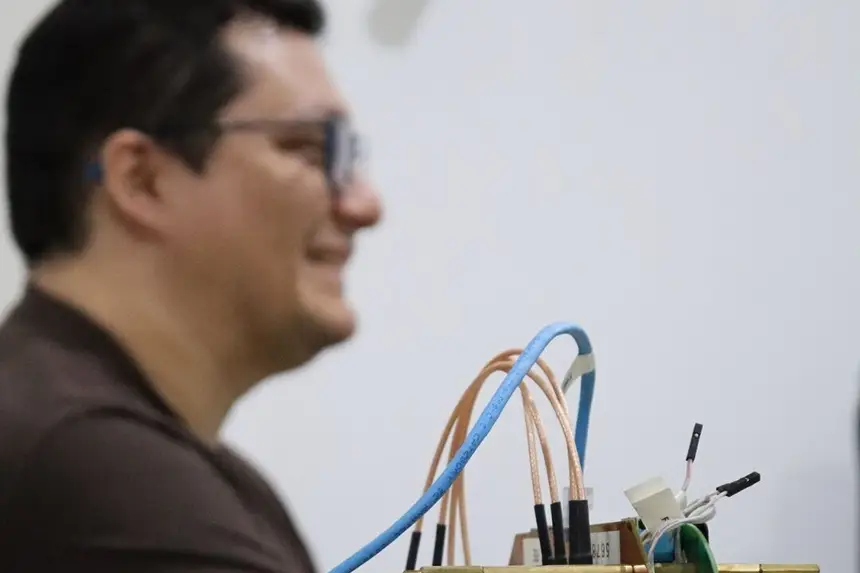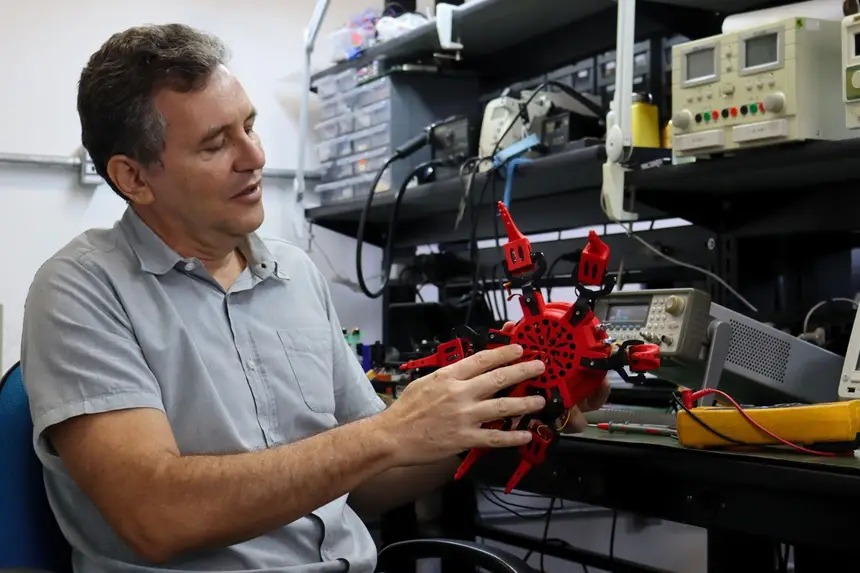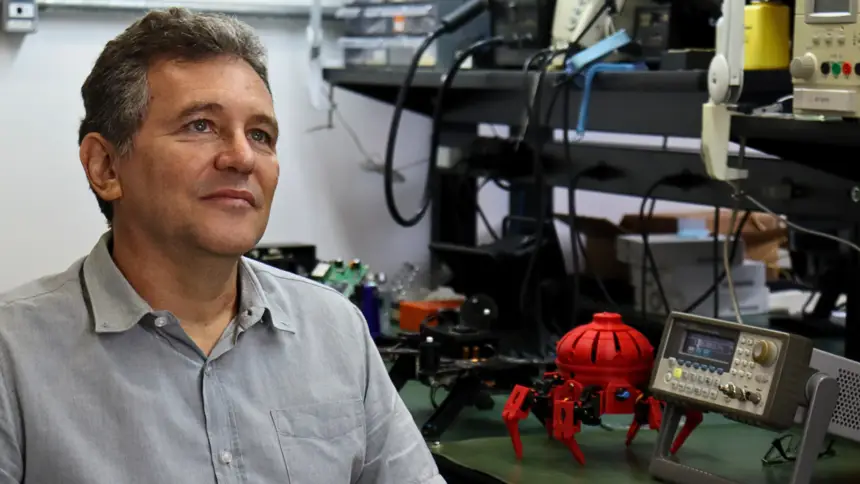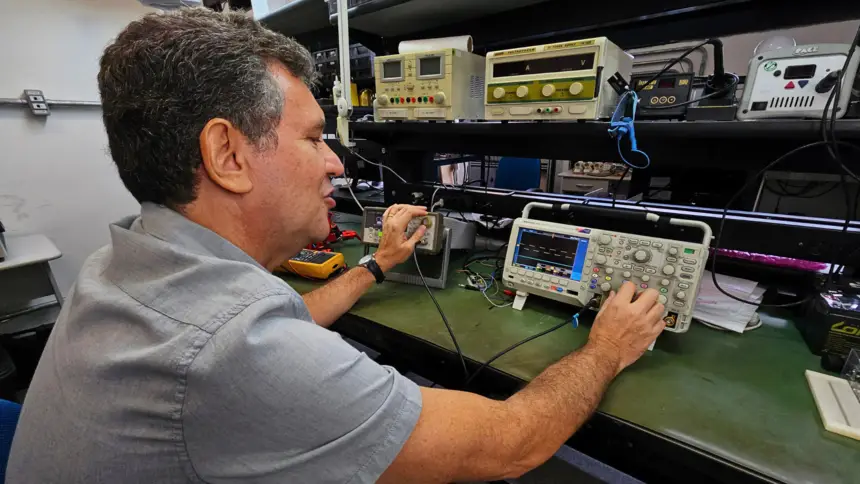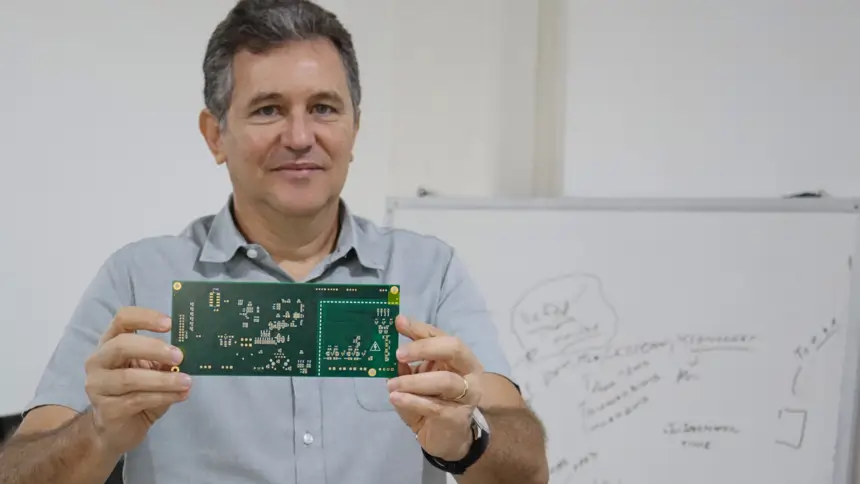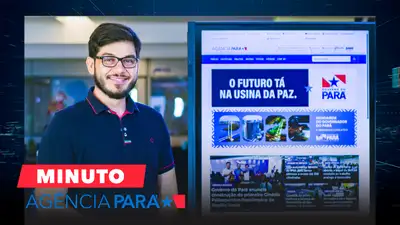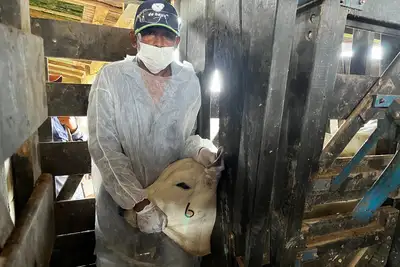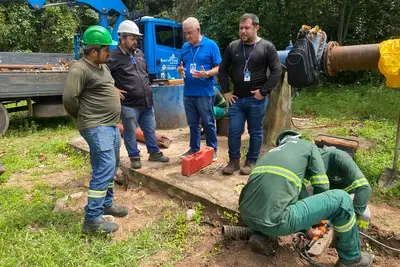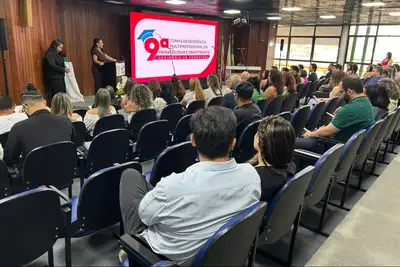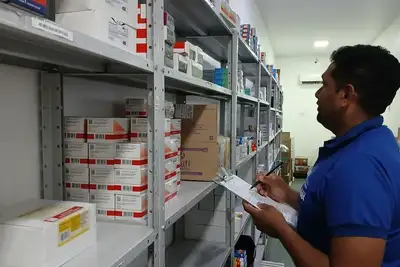Solutions for technological challenges in the Amazon are developed at PCT Guamá
The park has the Research and Development Center in Telecommunications, Automation, and Electronics (Lasse) with alternatives for productive sectors
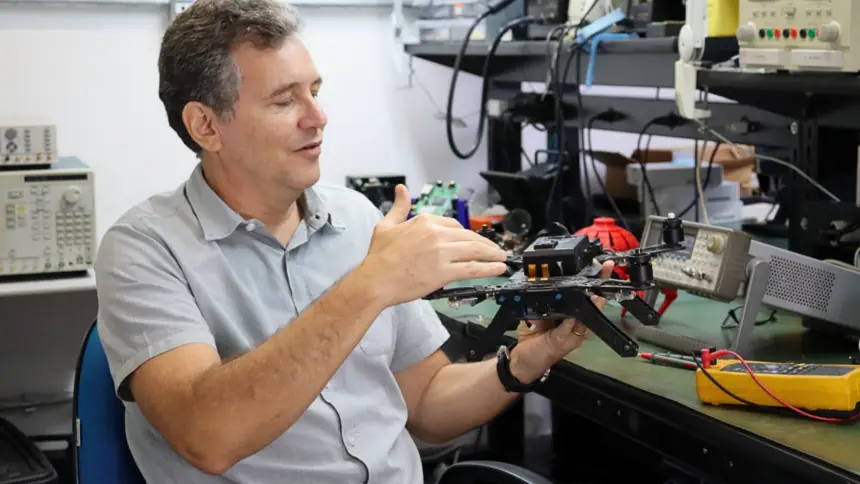
Based at the Science and Technology Park (PCT) Guamá and linked to the Federal University of Pará (UFPA) in Belém, the Research and Development Center in Telecommunications, Automation, and Electronics (Lasse) is one of the main references in technological innovation in the North region. With operations in strategic areas such as electrical engineering, telecommunications, industrial automation, and artificial intelligence, the laboratory stands out for developing solutions aimed at real societal challenges.
Since its creation in 2009, Lasse has executed various projects that tackle complex problems, such as connectivity in remote areas, precision agriculture, wireless sensor networks, speech recognition in Brazilian Portuguese, applications in humanitarian engineering, among others.
“Lasse aims to develop innovative technological solutions that positively impact industries, companies, and citizens, especially in the Amazon region, but also in Brazil and the world,” says coordinator Aldebaro Klautau.
All solutions are developed based on applied research, from the initial concept to prototype testing.
In addition to research, the center also invests in training highly qualified human resources in various engineering fields, such as computing, telecommunications, and electrical engineering, contributing to strengthening Brazilian technological sovereignty with roots in the Amazon.
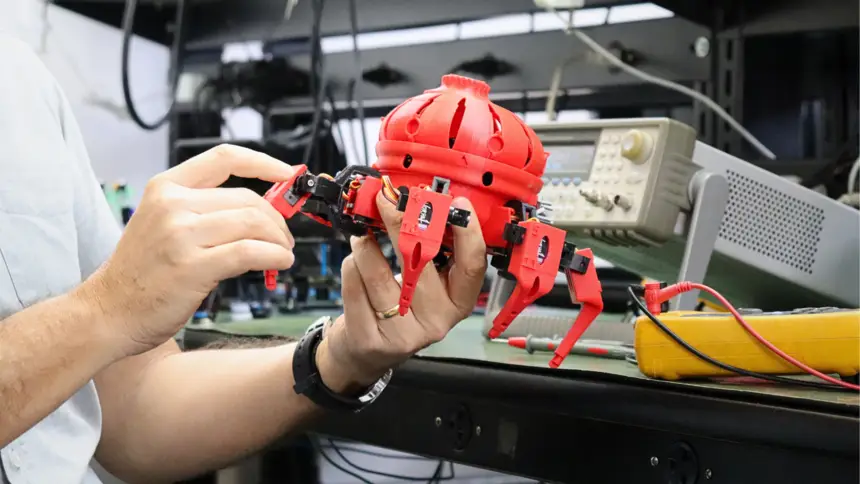
Lasse's work is made possible through partnerships with public and private institutions, both national and international. Among the partners are companies such as Ericsson, CPqD, Brasilsat, Satech, Cepisa, Embrapa, and Inesc Brasil, as well as government bodies like the State Secretariat for Science, Technology, and Higher, Professional, and Technological Education (Sectet) and the São Paulo Research Foundation (Fapesp). These collaborations ensure that the technologies developed have concrete applicability, with direct impacts on people's lives and productive systems.
Infrastructure and multidisciplinary team
With a structure of 400 m² at PCT Guamá, Lasse is equipped with printed circuit board (PCB) prototyping stations, spectrum and network analyzers, oscilloscopes, and SMD rework stations. The team consists of 42 members, including UFPA professors, researchers, undergraduate, master's, and doctoral students.
Among the most recent projects is the intelligent irrigation system for açaí crops, developed with Internet of Things (IoT) sensors to optimize water use in plantations. Another example is the creation of community cellular networks based on software-defined radios (SDR), a solution capable of bringing connectivity to regions of the Amazon without traditional internet coverage.
Technology as a tool for transformation
Lasse stands out for its engagement in humanitarian engineering projects, such as the one developed in the quilombola community Campo Verde, in Concórdia do Pará, which exemplifies the application of science in reducing social inequalities and promoting sustainable development.
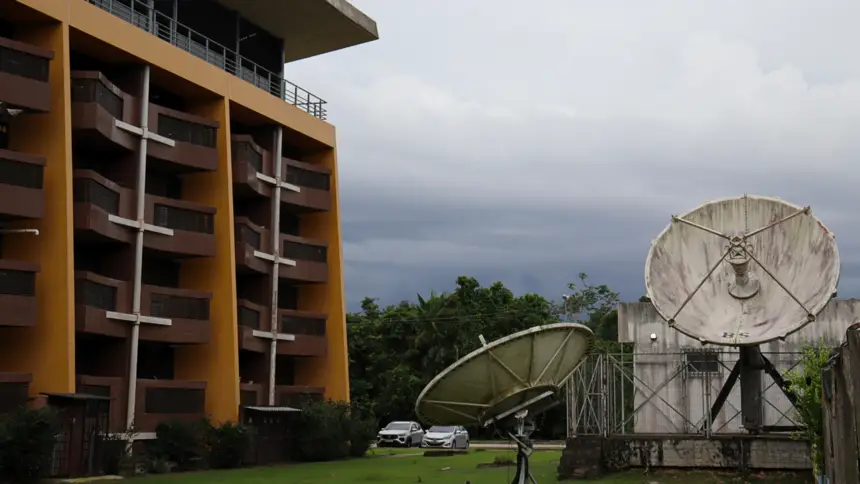
In 2024, the community received a satellite internet provider, benefiting more than 500 residents, especially the Campo Verde Quilombola Municipal School, which serves nearly 400 students. The arrival of the connection facilitated access to educational platforms, selection processes, and administrative activities.
The initiative is part of the Celcom project, which aims to combat digital exclusion in the Amazon by providing connectivity infrastructure to extractive communities. The project generated knowledge about private networks and highlighted important challenges, such as service sustainability and the need for public support and regulatory changes.
Funded by the Climate and Society Institute (ICS), the project was completed in March 2024, with the formal donation of the provider to the community made by Fundação Guamá. The structure remains active with the support of the local government, and the model can be replicated in other regions.
For João Weyl, president of Fundação Guamá, the Science and Technology Institution (ICT) managing PCT Guamá, the laboratory represents a strategic link between university, the productive sector, and government. “By integrating UFPA and being located at PCT Guamá, Lasse strengthens the connection between academic training and applied research, reaffirming the role of science as a tool for social and economic transformation. It is this model that places the Amazon at the forefront of innovation in Brazil, and PCT Guamá as a space that connects these agents for cooperation,” he states.
Partnerships and specialized services
The Research & Development (R&D) laboratories at PCT Guamá combine scientific knowledge with market competitiveness. Public and private projects can access the resources of PCT Guamá by presenting their demand via email servicos@fundacaoguama.org.br or by phone at (91) 3321-8908 and 3321-8909.
Reference in innovation in the Amazon
PCT Guamá is an initiative of the Government of Pará, through the State Secretariat for Science, Technology, and Higher, Professional, and Technological Education (Sectet), in partnership with UFPA and the Federal Rural University of the Amazon (Ufra), managed by Fundação Guamá.
It is the first technological park in the North region of Brazil and aims to stimulate applied research and innovative and sustainable entrepreneurship to improve the quality of life of the population.
Located on the banks of the Guamá River, which gives its name to the complex, PCT is situated between the campuses of the two universities and has a rich biodiversity ecosystem, extending over 72 hectares, designated for buildings and the Environmental Protection Area (APA) of the Metropolitan Region of Belém.
The complex has more than 30 resident companies (physically installed in the Park), over 40 associates (linked to the Park but not physically installed), 12 research and development laboratories for processes and products, and a technical school.
PCT Guamá is part of the National Association of Entities Promoting Innovative Enterprises (Anprotec) and the International Association of Science Parks and Areas of Innovation (Iasp), and is part of the largest innovation ecosystem in the world.



